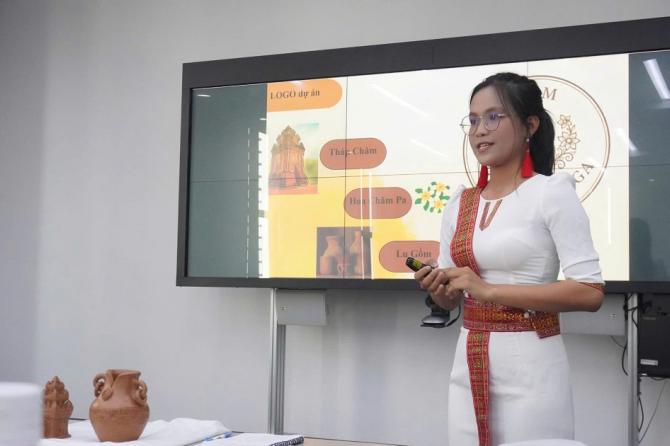AI and Lean Startup: A Strategic Duo Reshaping Product Innovation
n the midst of the rapidly evolving technology wave, artificial intelligence (AI) is no longer a distant tool but is becoming the innovation hub of many enterprises. However, contrary to expectations, a number of companies that invest heavily in AI do not experience any significant growth in product innovation. This raises the question: Is AI really the “golden key” to innovation, or are we overlooking another essential factor?
A recent study by Lynn Wu (Wharton School) and Xiaoning Wang (University of Texas at Dallas) provides the answer: AI only proves effective when properly combined with the Lean Startup Method (LSM). The study - published on arXiv in June 2024 - is based on real data from more than 1,800 startups in China (2011-2020), a market known for its high pace of innovation as well as its challenges.
When AI Is No Longer “Good Enough on Its Own”
Many companies perceive AI as an all-powerful machine capable of analyzing data, suggesting products and optimizing processes. However, the study shows that even the most powerful AI cannot create innovation on its own if it lacks real data, experimentation processes, and a learning environment based on customer feedback. And this is exactly the role played by LSM.
LSM is not a new concept, but it is becoming increasingly valuable in the era of AI. The method encourages companies to develop products through a continuous build-test-learn cycle. This generates rich and practical data - the “nutrients” AI needs in order to function effectively. AI cannot operate successfully based solely on past or static data; it needs fast and direct feedback from the market, which is precisely how LSM operates.
The study clearly distinguishes between two types of AI: Discovery-oriented AI, which is used to identify new needs or market trends; and Optimization-oriented AI, which is used to fine-tune existing products. At the same time, LSM is divided into two main practices: Prototyping (rapid development of MVPs), and Controlled Experimentation (A/B testing of features).
When these two systems are combined at the appropriate stage, businesses can achieve significant breakthroughs in innovation:
- Discovery-oriented AI and Prototyping are particularly effective during the initial product development phase. AI analyzes market needs, while LSM develops MVPs and conducts rapid testing to adjust the product in a timely manner;
- Optimization-oriented AI and Experimentation help businesses improve existing product versions. AI processes user data, and LSM verifies each improvement in a scientific manner.
Thus, AI should not be viewed as a replacement for people or processes, but rather as an enhancer for flexible operating models such as LSM. This is a valuable technology-organization synergy, especially in highly competitive environments with constantly changing market dynamics.
Genki Forest and Airbnb: When Data Tells the Story
The real-world examples provided in the study are highly illustrative. For example, Genki Forest - a well-known beverage startup in China - used AI to analyze the rising trend of sugar-free drinks. Initially, the company launched an MVP for sugar-free green tea, but the feedback was not positive. Thanks to the use of LSM, they quickly gathered customer feedback, experimented again and pivoted to sugar-free sparkling water - which is now their flagship product. In this case, AI identified the trend, and LSM helped them to test - fail - adjust - succeed.
At the international level, Airbnb is another well-known case. The company uses AI to automatically classify images uploaded by users (e.g. bedrooms, bathrooms, shared spaces). It then applies A/B testing to improve display, suggestions and user experience. AI provides large-scale data processing capacity, while LSM ensures that every change is tested before being widely implemented.
Both examples show that AI and LSM are not merely two separate tools, but a strategic duo capable of creating an automatic learning loop, enabling companies to innovate faster, more accurately and at lower cost.
However, businesses should not pursue AI blindly. The study also delivers a candid warning: many firms make the mistake of investing in AI without an accompanying organizational strategy. Without data-generation processes and a culture of learning and market feedback, AI can easily become an “expensive, underused tool.”
In the context of Viet Nam, this is a timely reminder. While many companies place high expectations on AI, what is even more essential is building internal capabilities - from flexible product development models to capacity for measurement, experimentation and rapid feedback. Only then can AI truly be integrated and become a sustainable competitive advantage.
Sources:
Wu, L., & Wang, X. (2024). Artificial Intelligence, Lean Startup Method, and Product Innovations. arXiv preprint arXiv:2506.16334.




